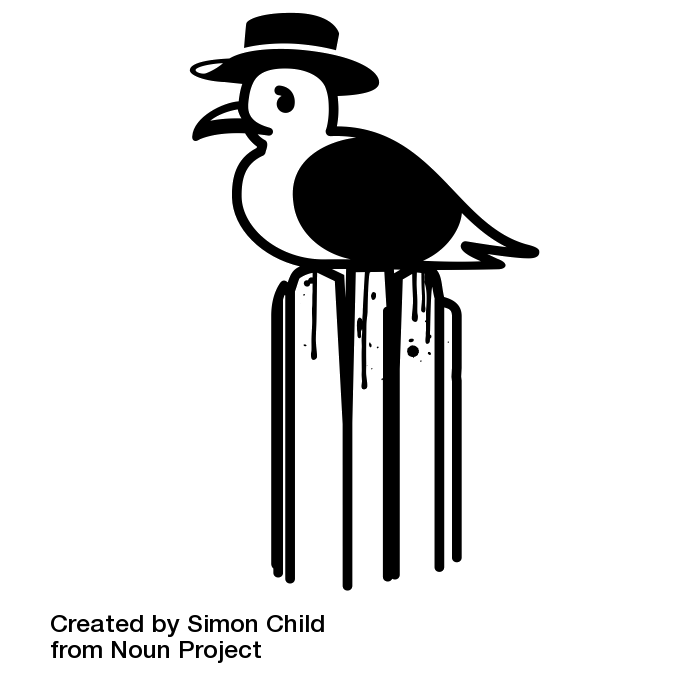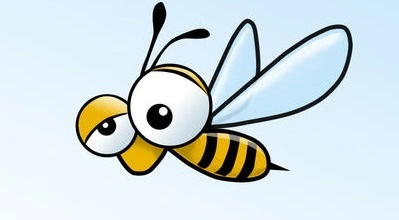Personally I find these both awesome ideas but I wonder about their scalability for larger communities. Does anyone have experience with them?
(couldn’t find the right community to post under)
I have lived in two different US cities that planted native fruit trees in the public spaces. Apples, pears, serviceberries, pawpaw fruit, etc. People were encouraged to enjoy. That isn’t what you call a food forest, but it’s a “do-able” thing that cities could undertake that would help the local pollinators and residents.
I purchased and studied this two volume set because it is what was recommended by a local university.
That was a little over ten years ago when my family first moved to Maine. We have a five acre property that we wanted to turn into a food forest. The first plantings we made were trees. Namely, black walnut, several species of apple, weeping willow, pear, etc.
Once these reach a little more maturity, I’ll plant the understory. Things grow slowly here in Maine, but we will eventually have a huge food forest.
That’s really cool! Are you in an urban(ish) environment or the countryside? How tall are these trees at this point?
We live in the countryside. The trees range from 6 to 12 feet tall.
I have been working toward a permaculture garden and landscaping with native species. Mostly consisting of small slow changes to increase insect habitats and food sources for local fauna. A local nature conservation program nearby sells permaculture plant sets to encourage the use of non-invasive species. I think the idea is gaining awareness. You might enjoy the documentary biggest little farm.
my understanding of these concepts is that they overlap reasonably well with things like hydroponics and aquaponics, and those can probably be done sustainably and at reasonable levels of scalability in urban areas, albeit with some effort
Yeah. I’m thinking of trying to convince my family to get rid of our lawn and plant things like clover, thyme, and maybe a food forest instead.





